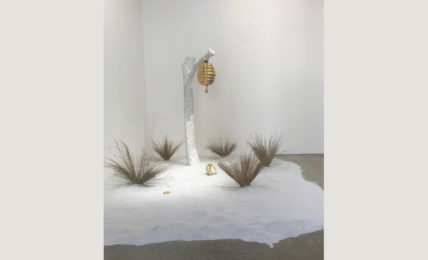‘The P Word’: la commedia arguta e devastante sulle vite parallele di due uomini gay pakistani
Fino al 29 ottobre al Bush Theatre di Londra 'The P Word' è la commedia di Anthony Simpson-Pike che scuote le coscienze sulla persecuzione omofoba e sul razzismo nelle comunità gay.





